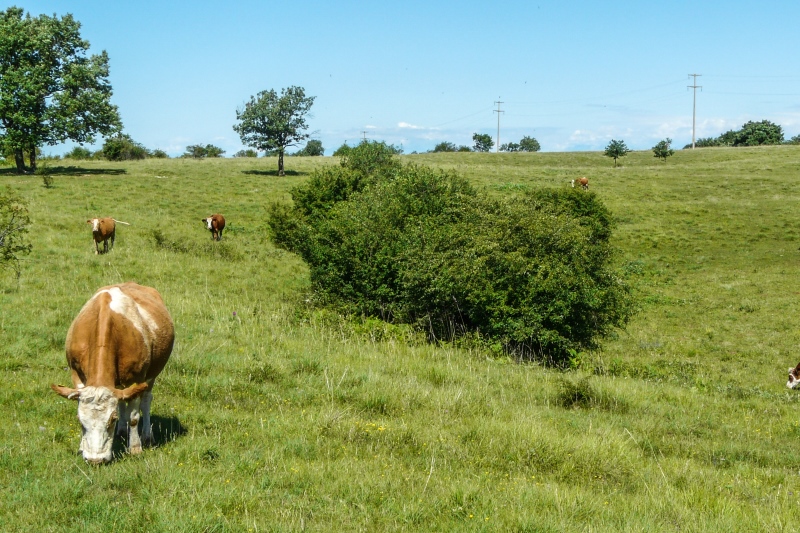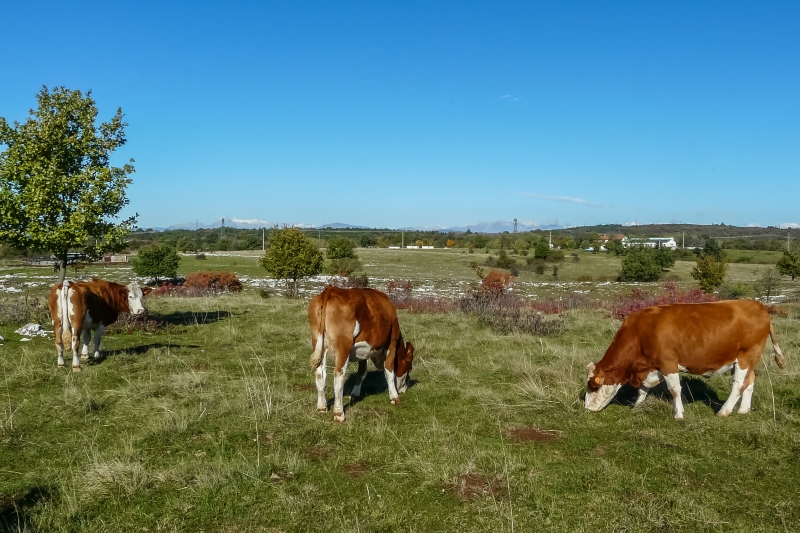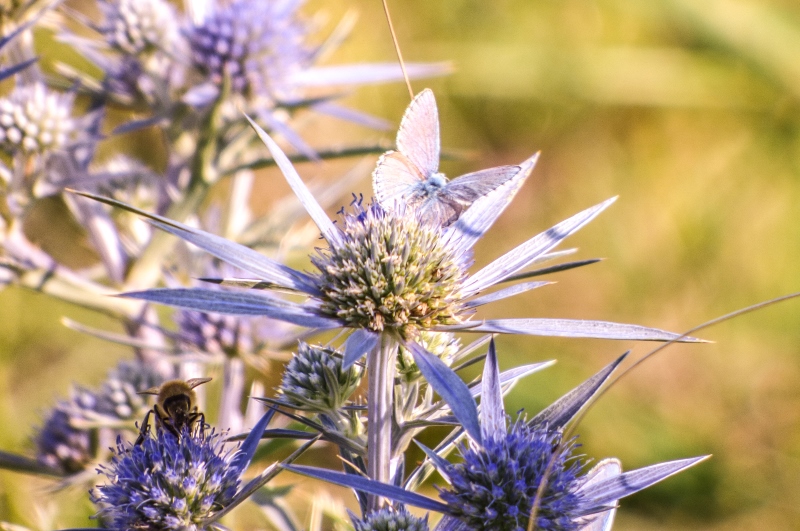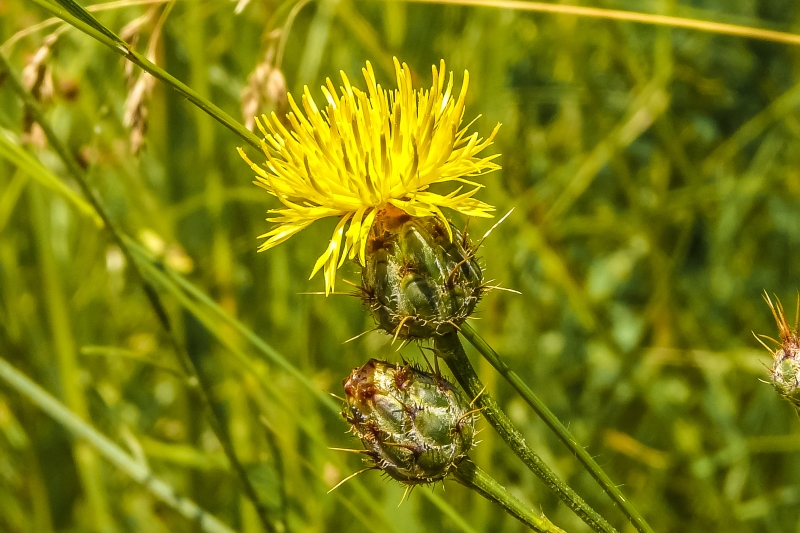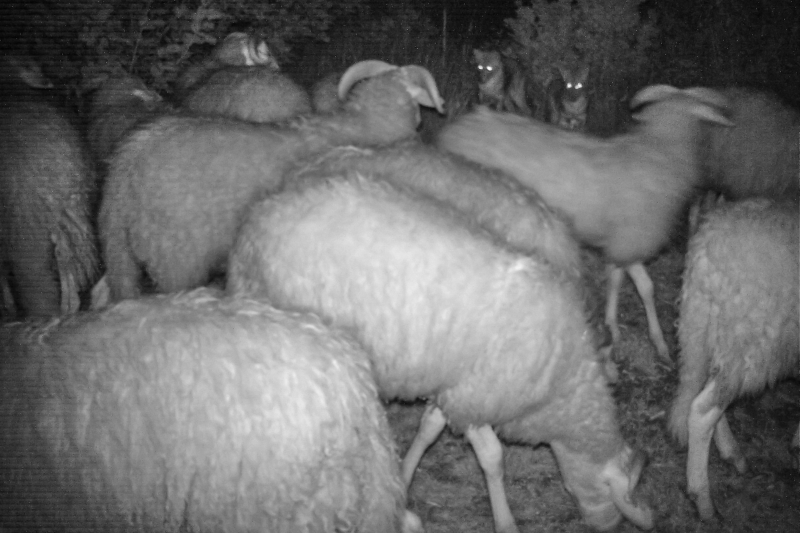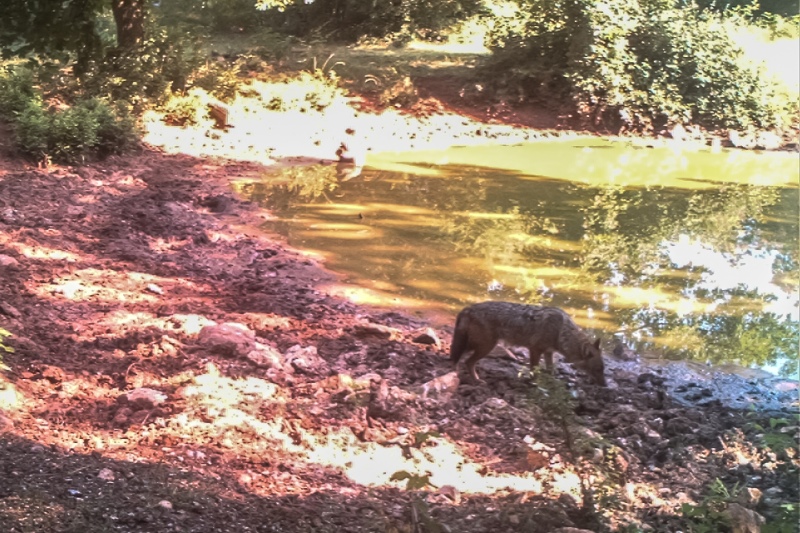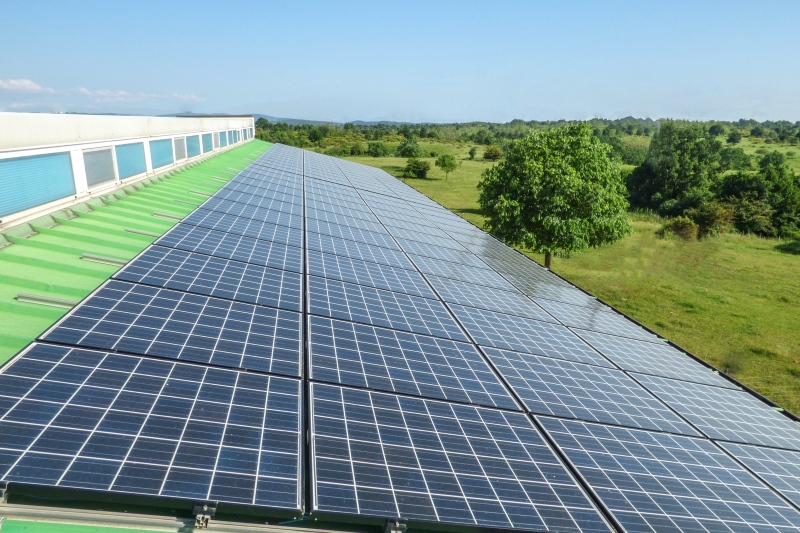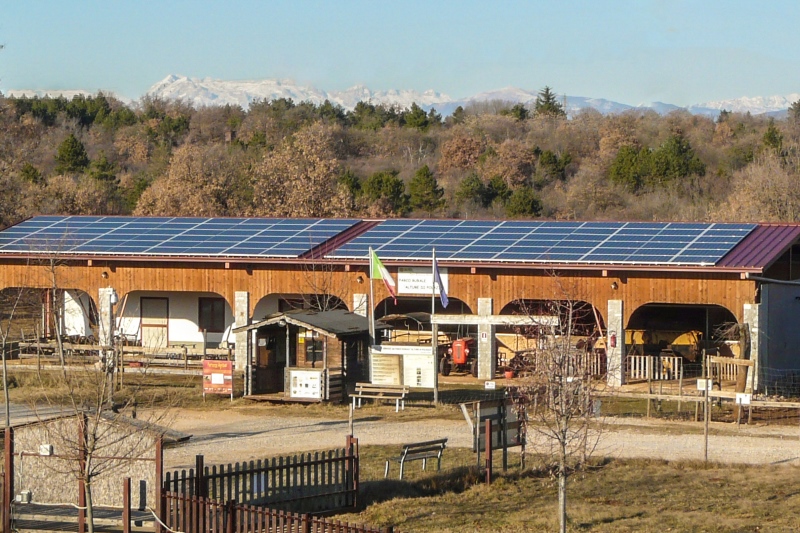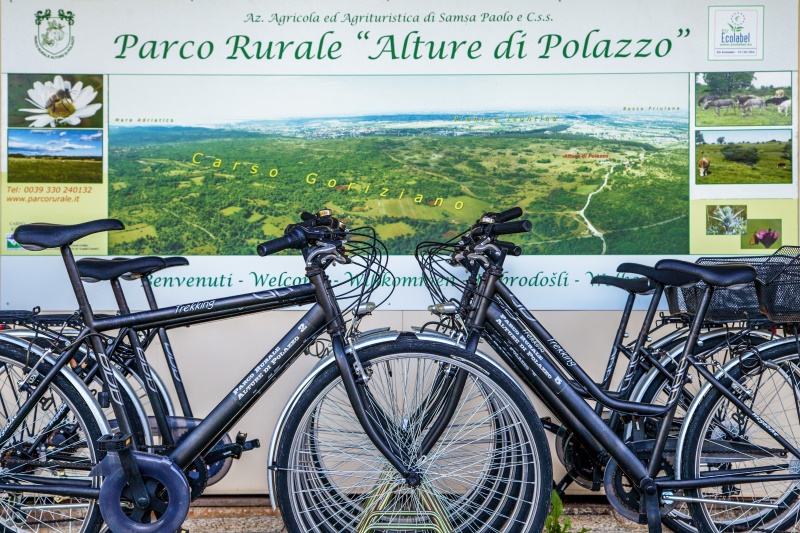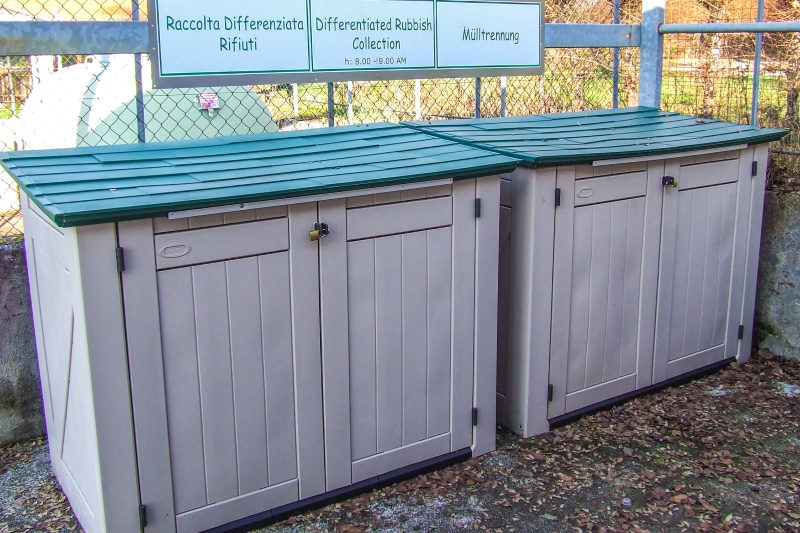Our philosophy
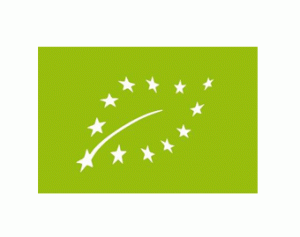 The conservation of the unique features of the historic rural landscape(Historical Rural Landscapes for a National Register – Editori Laterza 2010) and the biodiversity of the “landa carsica” habitat (Natura 2000 Network) are the basic elements that have helped the sensitivity of the Samsa family grow and develop with regard to the sustainability of their activities, maintaining the lowest possible impact on the environment.
The conservation of the unique features of the historic rural landscape(Historical Rural Landscapes for a National Register – Editori Laterza 2010) and the biodiversity of the “landa carsica” habitat (Natura 2000 Network) are the basic elements that have helped the sensitivity of the Samsa family grow and develop with regard to the sustainability of their activities, maintaining the lowest possible impact on the environment.
Living in the Karst, in the midst of a protected natural area, an area rich in many species of rare plants and animals, has made us more sensitive to natural features and for this reason from 1996 we have slowly converted our farming methods to organic ones.
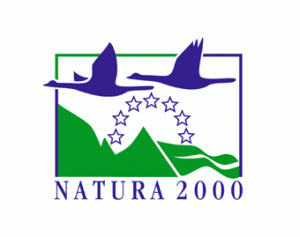 The Natura 2000 Network is a European ecological network, with which the EU commits member states to consider with the same care, natural and semi-natural habitats, such as areas with traditional agriculture, managed woods, pastures and so forth, places where conservation depends on traditional rural activities, such as those carried out on the farm at “Alture di Polazzo”, thus recognizing their key role in conserving biodiversity.
The Natura 2000 Network is a European ecological network, with which the EU commits member states to consider with the same care, natural and semi-natural habitats, such as areas with traditional agriculture, managed woods, pastures and so forth, places where conservation depends on traditional rural activities, such as those carried out on the farm at “Alture di Polazzo”, thus recognizing their key role in conserving biodiversity.
These agricultural areas, in fact, are associated with many animal and plant species that have become rare and endangered and for the survival of which the continuation and enhancement of traditional activities, such as grazing or non-intensive agriculture and organic farming, is vital.
The “Alture di Polazzo” farm falls squarely within the Natura 2000 network and with its traditional grazing activity, ongoing for more than a century, it represents one of the conservation priority habitats, dry karstic grassland – “landa carsica” or “gmajna” – an environment of broad dry pastures that have formed on the karst plateau as a result of the its structure, the harsh rocky terrain, and the pastoral practices carried out as far back as the period of the Castellieri or hill-forts, the first settlements constructed in the period from the Middle Bronze Age through to the Iron Age .
